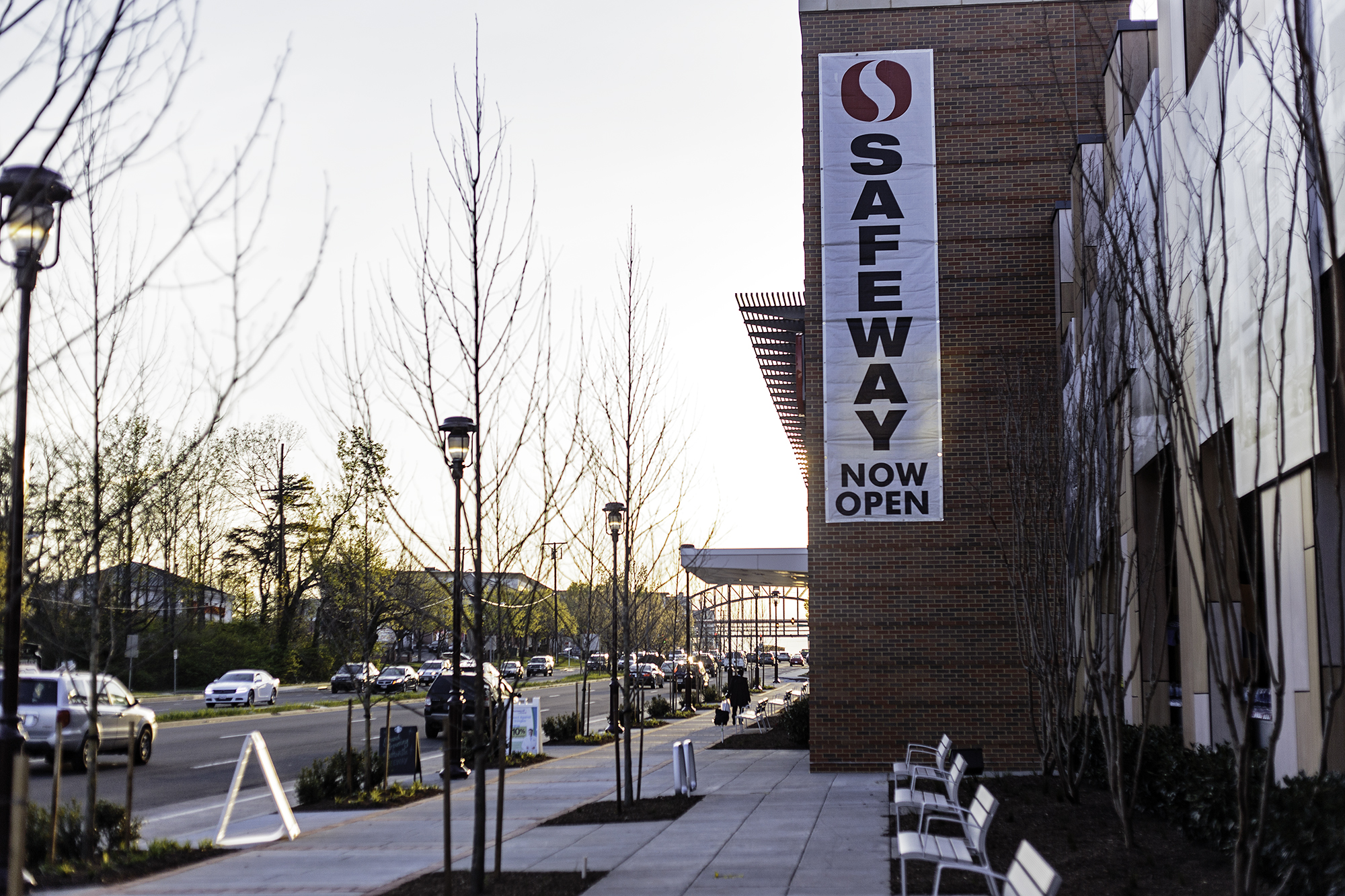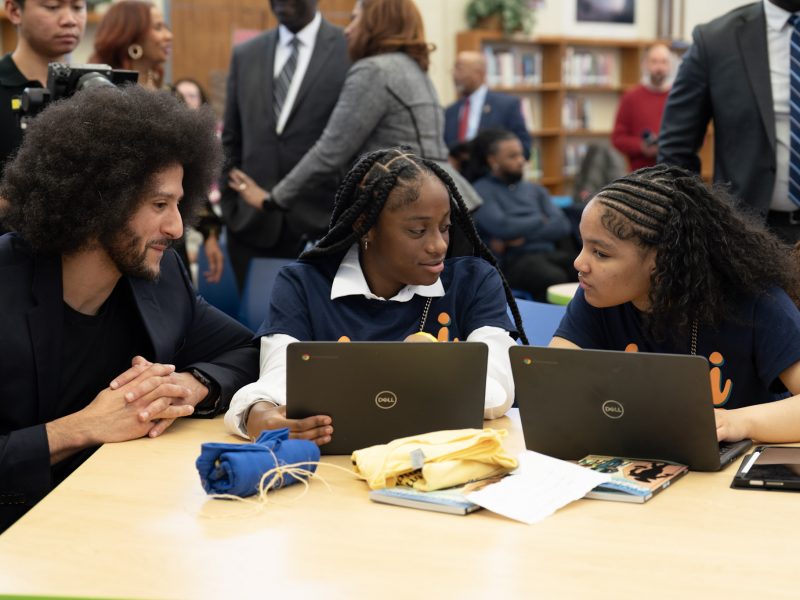Northern College Park resident Caroline Wick walks 10 minutes to the MOM’s Organic Market on Rhode Island Avenue when she needs to grocery shop.
For Wick, who doesn’t own a car, this short walk is convenient. But the former University of Maryland student said if she “lived just a few blocks south” and faced a longer walk, “it would be really inconvenient.”
Even with the Safeway on East-West Highway in Hyattsville that opened April 6, 1.6 miles from this university, Wick said she’s only been there once. She added that she’d like to see “a few more corner stores and stuff that you see around Metro stations and other places … [in College Park] there’s just none of that.”
University students and city residents face a shortage of convenient grocery stores if they don’t own a car, a reality highlighted by the U.S. Agriculture Department, which considers the city to be part of the larger food desert in Prince George’s County. A food desert in urban areas such as College Park is where many residents live more than one mile away from grocery stores, according to the USDA website.
Shoppers, which is 2.4 miles away from this university, and MOM’s Organic Market, which is 3.3 miles away, are the two grocery stores within the city’s limits. For students and residents close to Route 1, the TargetExpress that opened in July 2015 appears to be one of the few more convenient options to buy groceries.
But for students such as Deanna Rubin, a senior microbiology major who lives in the University View, the TargetExpress isn’t a sufficient grocery store replacement.
“I know that technically TargetExpress has made it better for some students, but in my experience, every time I’ve gone there they’ve been out of a lot of the produce and food,” Rubin said.
Though Rubin owns a car and shops at the Giant on Greenbelt Road, she said not owning a car when she lived in Courtyards last year made it difficult for her to grocery shop. Rubin said she ran out of food at times because she couldn’t get to a grocery store and would have to order out food that was more expensive and less healthy.
“The nearest grocery store was Giant, which was well over a mile away,” she said. “And that would’ve been walking on [Route] 193, which is a highway. So that’s not really safe.”
She went grocery shopping whenever her friends with cars could drive her, she added, and even took a bus once that went from the campus to the Giant in Greenbelt.
Both Rubin and Wick said the city’s downtown — near this university — would be the most convenient place to have a grocery store. Lidl, a European grocery chain, could potentially make its home about a mile from campus at the Clarion Inn site at 8601 Baltimore Ave, according to a February Diamondback article.
Terry Schum, the city’s planning director, wrote in an email that the approval process between Lidl, the city and the county just began, and that the process will take about six months.
Lidl would help combat the city’s food desert status, Schum told The Diamondback in February.
Anthony Schams, a senior biochemistry and mathematics major who lives in the University View, said his parents drive 30 minutes from their home in Rockville to take him grocery shopping at the Target on Greenbelt Road because he doesn’t own a car. If Schams needs groceries badly, he said he goes to the 7-Eleven beneath The Varsity.
“Because of that I can’t really do a lot of cooking,” Schams said. “I think a lot of people have that problem where if you don’t have a car, you really have to work with others to get food. That’s kind of why I’m stuck getting a lot of Taco Bell.”
Schams said he’s seen students in Facebook groups offer to drive other students to grocery stores, but otherwise, “There doesn’t seem to be an incredibly convenient [transportation] option.”



